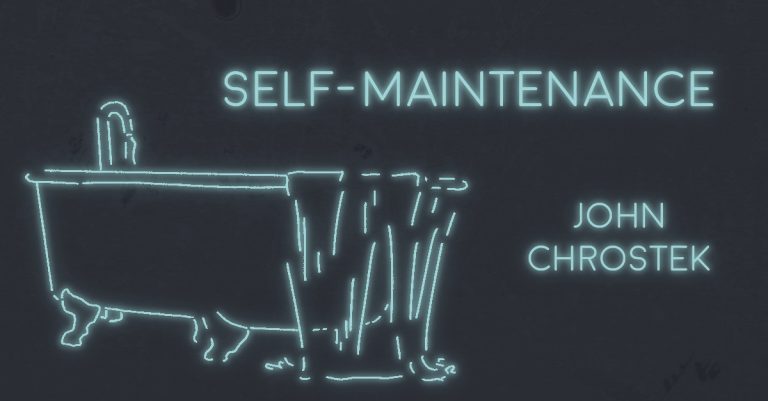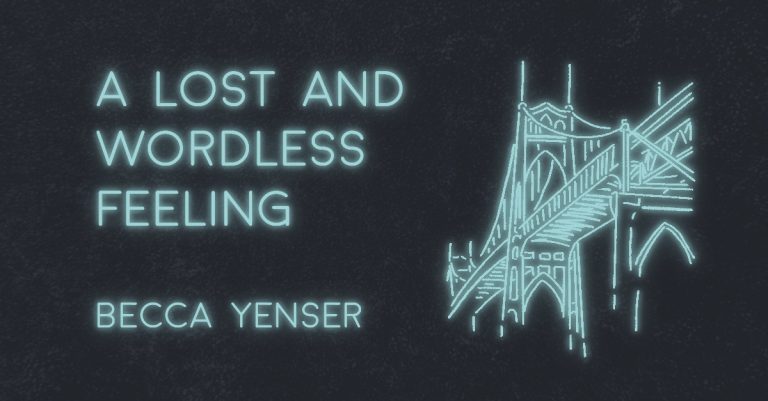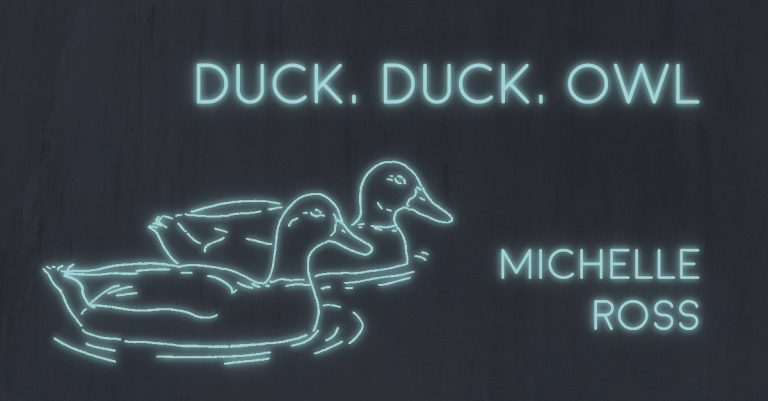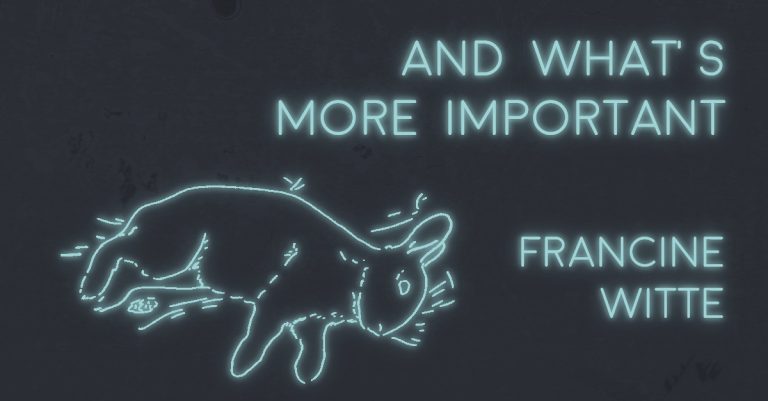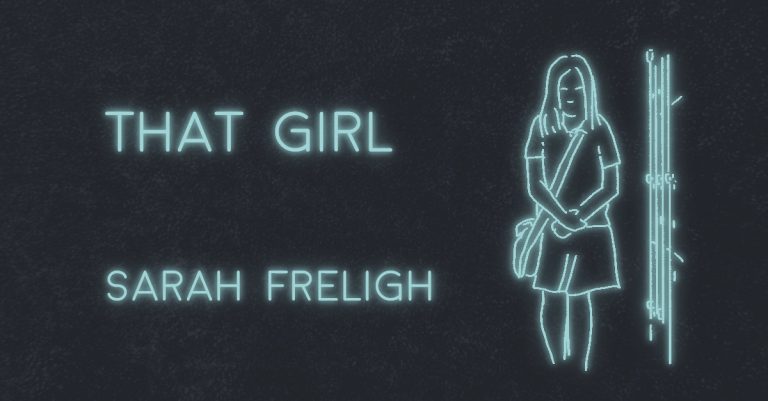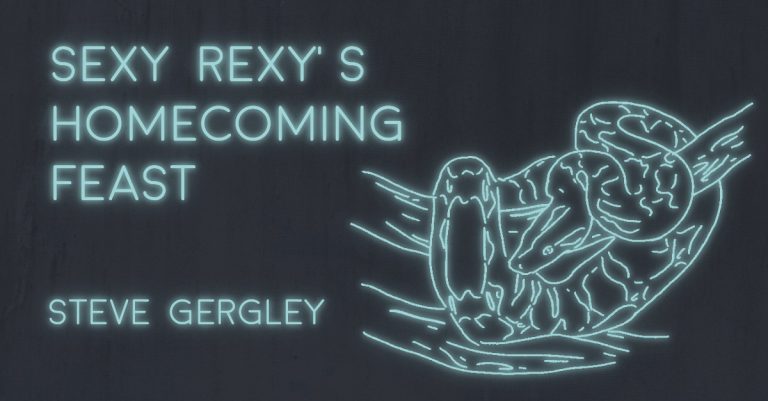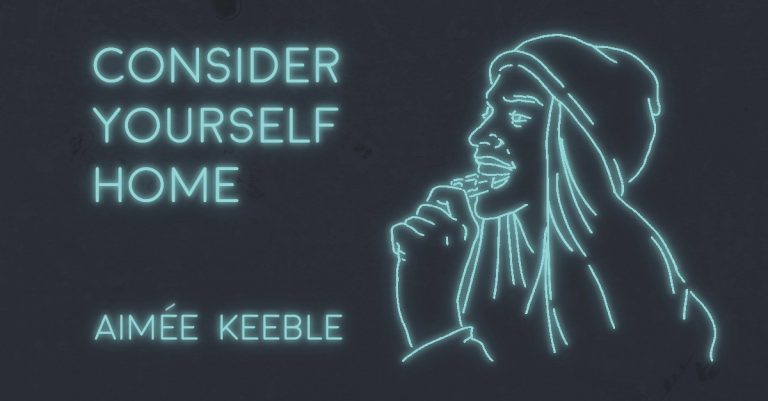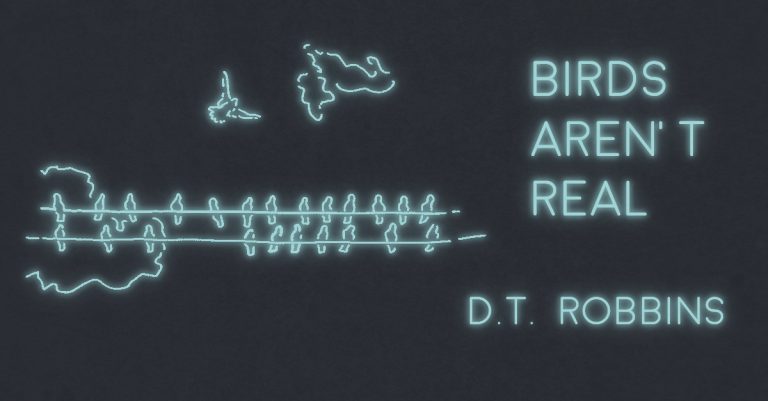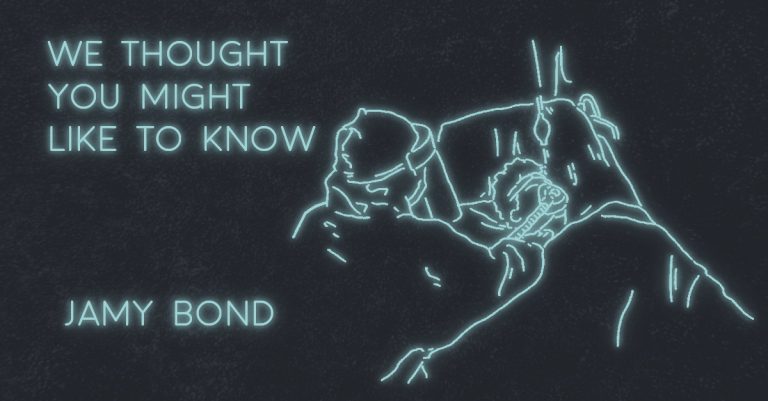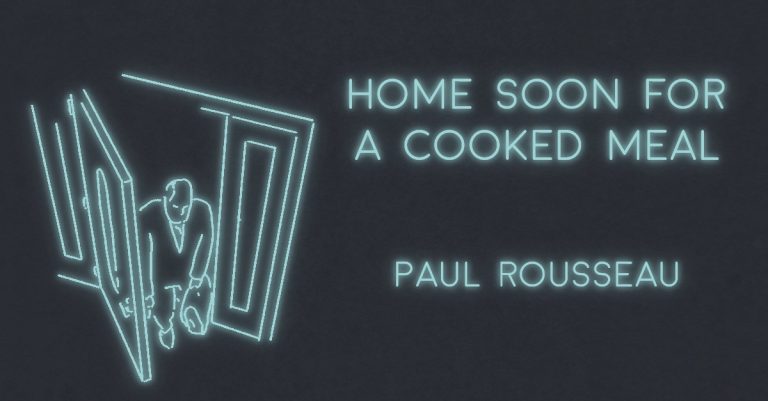
HOME SOON FOR A HOME COOKED MEAL by Paul Rousseau
Dad is not here, but he should be, soon, from work. He doesn’t drink and he’s not having an affair. He is a big man, I know. He likes red meat and horseradish. My sister’s boyfriend works, too, at the train depot, but him and my sister are both upstairs already. Mom puts butter rolls in the oven at 425 degrees. Lying on my back in the family room, I have my feet on the grille of our gas fireplace. I test myself to see how long I can rest my feet on the glass part where it’s hot. I’ve

